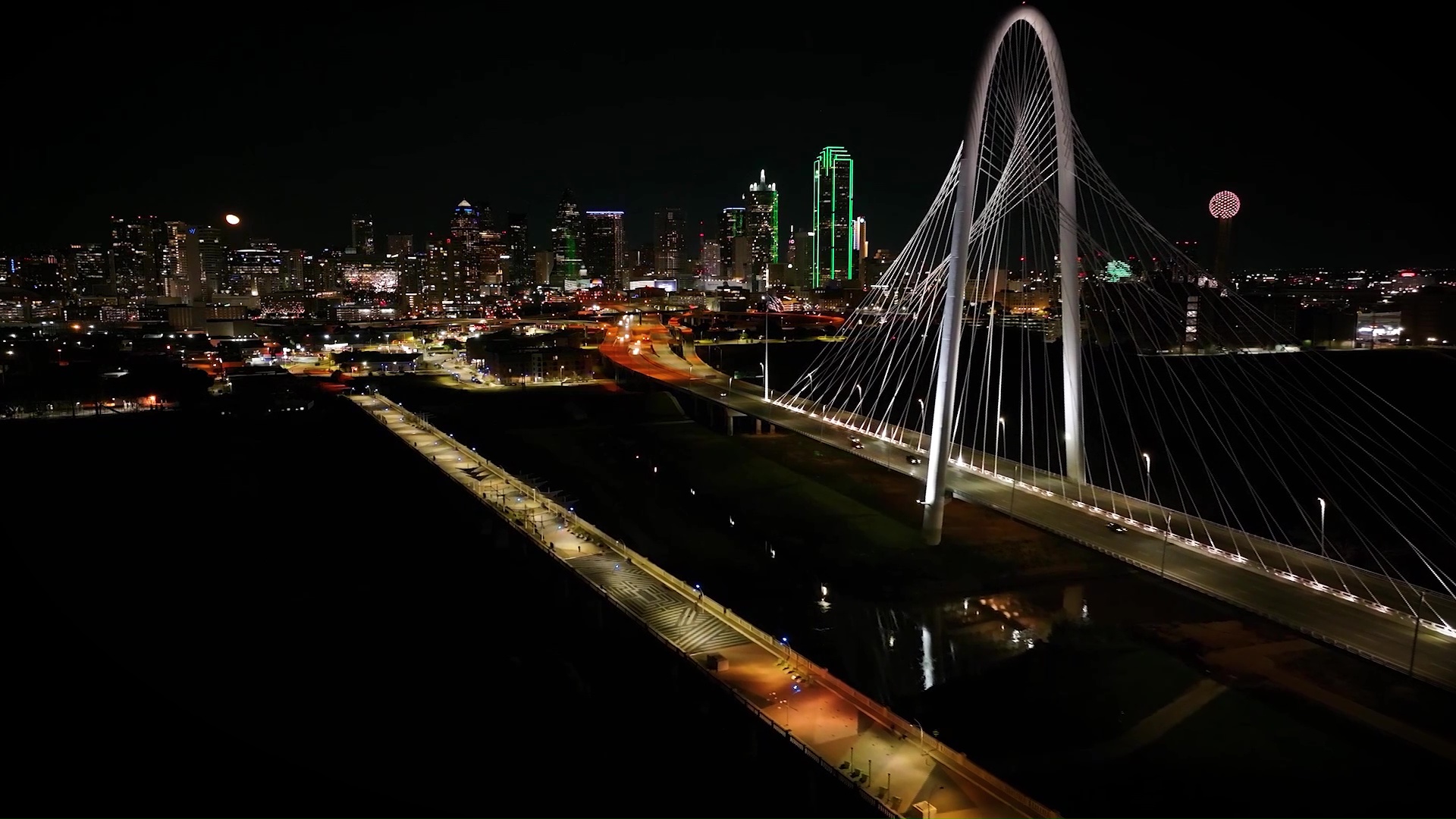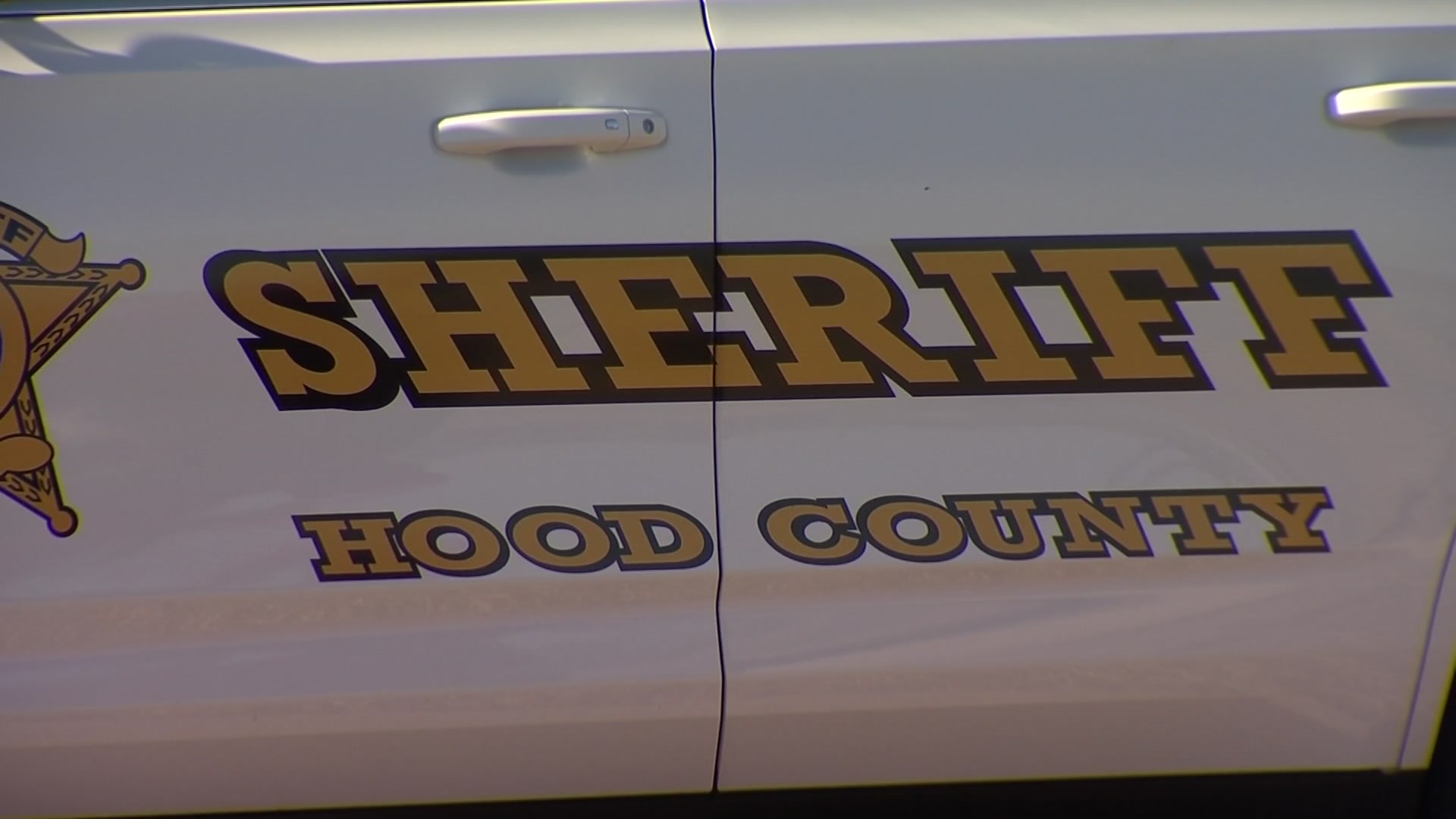Dallas took a step Wednesday to clamp down on a surge in prostitution. The city council approved the rewrite of a law struck down in court, but one council member voted no. NBC 5’s Ken Kalthoff has the story.
Dallas took a step Wednesday to clamp down on a surge in prostitution activity being reported around the city.
The City Council approved rewriting a law that was struck down in court in July.
Watch NBC 5 free wherever you are
But the vote was not unanimous.
Women walking the street with very little clothing have been undeniable in Northwest Dallas around Harry Hines Boulevard, Walnut Hill Lane, and Royal Lane.
Get top local stories in DFW delivered to you every morning with NBC DFW's News Headlines newsletter.
Police and residents say most women are also crime victims, forced to work in the sex trade.
"It happens every day, 24 hours a day, and basically, it's human trafficking, not prostitution. All the women are controlled by pimps, male pimps who watch their every move and take the money when they get through with the job," said Northwest Dallas resident William Martin.
Southern Dallas Council Member Carolyn King Arnold said the activity has become evident in her district, near the DART transit station, churches, and schools.
Local
The latest news from around North Texas.
"Whether it's about pimps, johns, what have you, it's about street sexting, and we can not have this around our schools," Arnold said.
Legitimate businesses have security video that shows the nuisance they say has grown since enforcement of the manifesting prostitution law stopped.
Police said the law allowed patrol officers to cite people for solicitation activity without proving an actual sex act.
"My human trafficking squad is not large. I wish it was bigger, but those partnerships, working with patrol, is one of the ways we get our job done," Dallas Police Major Devon Palk said.
Dallas City Attorney Tammy Palomino said the rewrite approved Wednesday should pass muster in court.
"The ordinance is very specific as to the factors they have to prove in order to issue the citation," Palomino said.
Northwest Dallas resident William Martin praised the updated law.
"Rewriting the ordinance is a great step forward, and hopefully that's going to work for us, but it's not going to solve the human trafficking problem," Martin said.
For that reason, Councilman Adam Bazaldua voted against it.
He said existing state laws allow police to build criminal cases against sex traffickers, and that is what police should be doing.
"This is a tool that is just providing further probable cause to harass and victimize those who are victims. This is not getting to the root cause," Bazaldua said. "I strongly encourage DPD to look at what we can do that's actually going to be a tool to eradicate the issue, not just appease the public that doesn't like to see what they see."
Police said they are working on human trafficking, but the City Council majority told police also to get busy enforcing the manifestation code.
Dallas Attorney Gary Krupkin successfully challenged the previous version and said he would challenge the new one if a client charged with the violation came forward.
Krupkin said both versions violate people's constitutional rights in a particular location.



